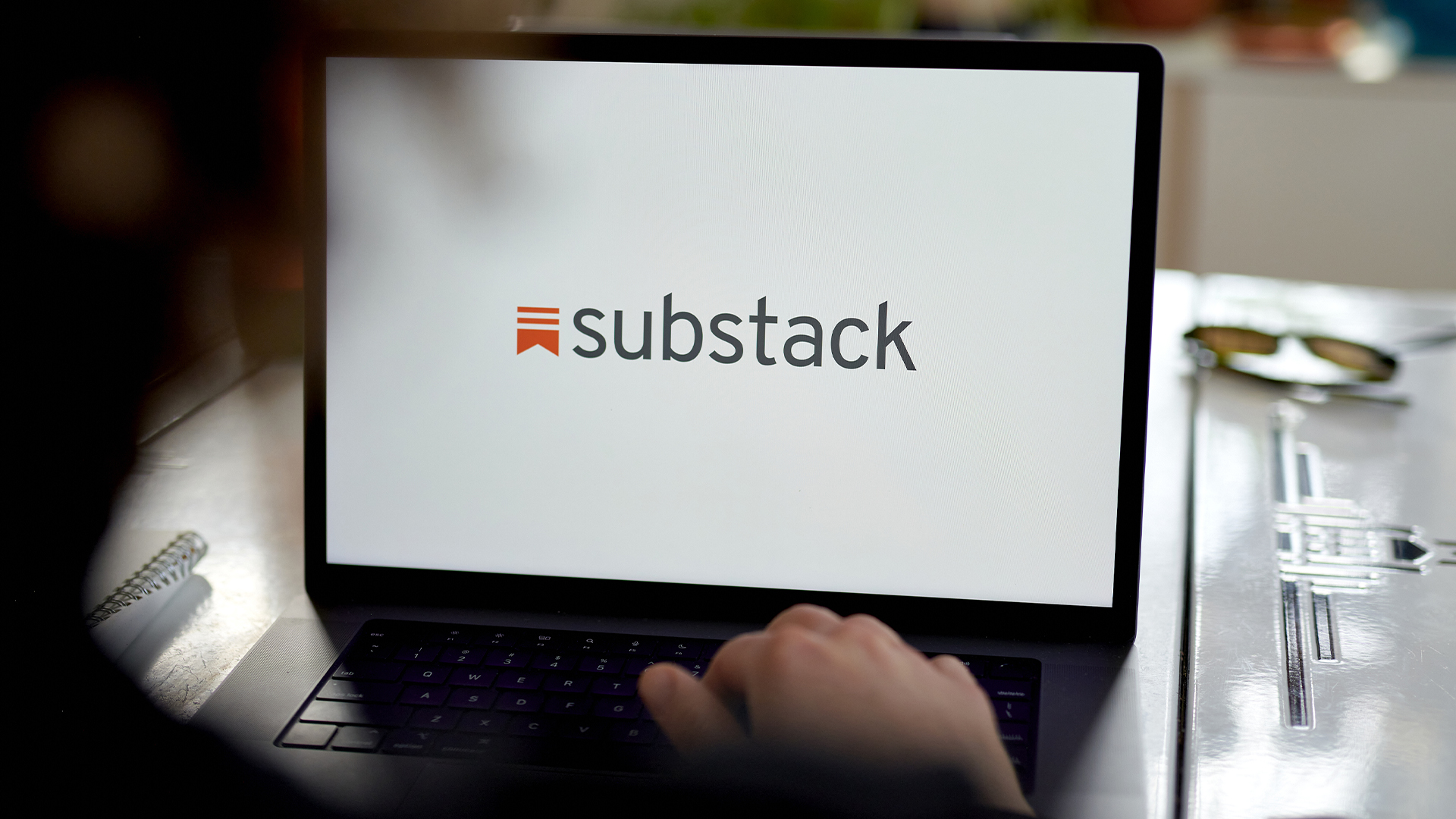Cloudflare flaw could have led to series of supply-chain attacks
Hackers were able to exploit a path traversal vulnerability to compromise CDNJS and target thousands of sites


Sign up today and you will receive a free copy of our Future Focus 2025 report - the leading guidance on AI, cybersecurity and other IT challenges as per 700+ senior executives
You are now subscribed
Your newsletter sign-up was successful
A vulnerability in the CDNJS library update server, which is owned by Cloudflare and used by 12.7% of all websites on the internet, could have been abused to execute arbitrary commands and seize control of the CDNJS.
CDNJS is an open source software content delivery network and is the second most popular after Google Hosted Libraries, which itself is used by 12.8% of sites across the web. The resource hosts thousands of JavaScipt and CSS libraries that sites can adopt to embed features and tools.
The flaw, present in the update server, however, may have led to hackers executing arbitrary commands and entirely compromising the CDNJS catalogue, according to the security researcher known as Ryotak. They reported to flaw to Cloudflare on 6 April, and there’s no evidence so far that it’s been exploited in the wild.
The mechanism for exploitation centres on publishing packages to the CDNJS using GitHub and npm, and using this route to trigger a path traversal vulnerability and fooling the server into executing arbitrary code. Attackers can, therefore, achieve remote code execution.
A path traversal vulnerability allows an attacker to access files on your web server without appropriate access or permission, either by tricking the web server or the web application running on it to return files that exist outside of the web root folder.
RELATED RESOURCE

Five questions to ask before you upgrade to a modern SIEM
Do you need a better defense strategy?
The CDNJS infrastructure also includes a feature to automate library updates by running scripts on the server to download relevant files from the user-managed Git repository or npm package registry.
An attack could involve cyber criminals publishing a new version of a specially-crafted package, which would be carried by the update server for publishing. This would copy the contents of the malicious package into a regularly executed script file hosted on the server.
Sign up today and you will receive a free copy of our Future Focus 2025 report - the leading guidance on AI, cybersecurity and other IT challenges as per 700+ senior executives
In practice, this means compromising CDNJS may have led to a series of supply-chain attacks that granted hackers automated access to all sites that use the JavaScript and CSS libraries that comprise it.
The researcher demonstrated the vulnerability can be exploited in a proof-of-concept that involved uploading a file to an npm registry, then waiting for the CDNJS library udpate server to process the crafted file. The contents of the file were written into a regulatory executed script file and the arbitrary was executed.
“While this vulnerability could be exploited without any special skills, it could impact many websites,” they said. “Given that there are many vulnerabilities in the supply chain, which are easy to exploit but have a large impact, I feel that it’s very scary.”
After Cloudflare was alerted to the flaw on 6 April, the firm applied a complete fix on 3 June.

Keumars Afifi-Sabet is a writer and editor that specialises in public sector, cyber security, and cloud computing. He first joined ITPro as a staff writer in April 2018 and eventually became its Features Editor. Although a regular contributor to other tech sites in the past, these days you will find Keumars on LiveScience, where he runs its Technology section.
-
 Security experts warn Substack users to brace for phishing attacks after breach
Security experts warn Substack users to brace for phishing attacks after breachNews Substack CEO Christ Best confirmed the incident occurred in October 2025
-
 AWS exec laments European grid connection woes in data center push
AWS exec laments European grid connection woes in data center pushNews Efforts by AWS to expand data center infrastructure across Europe face severe delays due to sluggish grid connection practices, a senior company figure claims.
-
 Experts welcome EU-led alternative to MITRE's vulnerability tracking scheme
Experts welcome EU-led alternative to MITRE's vulnerability tracking schemeNews The EU-led framework will reduce reliance on US-based MITRE vulnerability reporting database
-
 Veeam patches Backup & Replication vulnerabilities, urges users to update
Veeam patches Backup & Replication vulnerabilities, urges users to updateNews The vulnerabilities affect Veeam Backup & Replication 13.0.1.180 and all earlier version 13 builds – but not previous versions.
-
 Two Fortinet vulnerabilities are being exploited in the wild – patch now
Two Fortinet vulnerabilities are being exploited in the wild – patch nowNews Arctic Wolf and Rapid7 said security teams should act immediately to mitigate the Fortinet vulnerabilities
-
 Everything you need to know about Google and Apple’s emergency zero-day patches
Everything you need to know about Google and Apple’s emergency zero-day patchesNews A serious zero-day bug was spotted in Chrome systems that impacts Apple users too, forcing both companies to issue emergency patches
-
 Security experts claim the CVE Program isn’t up to scratch anymore — inaccurate scores and lengthy delays mean the system needs updated
Security experts claim the CVE Program isn’t up to scratch anymore — inaccurate scores and lengthy delays mean the system needs updatedNews CVE data is vital in combating emerging threats, yet inaccurate ratings and lengthy wait times are placing enterprises at risk
-
 IBM AIX users urged to patch immediately as researchers sound alarm on critical flaws
IBM AIX users urged to patch immediately as researchers sound alarm on critical flawsNews Network administrators should patch the four IBM AIX flaws as soon as possible
-
 Critical Dell Storage Manager flaws could let hackers access sensitive data – patch now
Critical Dell Storage Manager flaws could let hackers access sensitive data – patch nowNews A trio of flaws in Dell Storage Manager has prompted a customer alert
-
 Cisco ASA customers urged to take immediate action as NCSC, CISA issue critical vulnerability warnings
Cisco ASA customers urged to take immediate action as NCSC, CISA issue critical vulnerability warningsNews Cisco customers are urged to upgrade and secure systems immediately